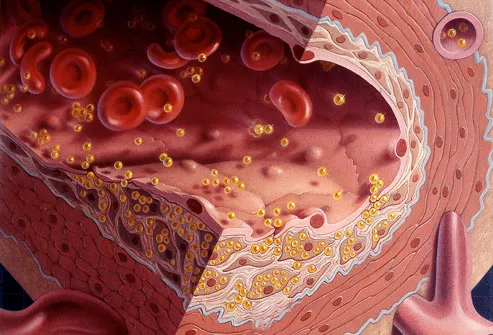FROM: www.Dr. Mercola.com
Cholesterol in your brain is key to the cell connections needed for memory and learning.

Past research using Flow Cytometry cell analysis has suggested that brain “support cells” known as glial cells produce a substance that allows the brain’s nerve cells, or neurons, to communicate.
Cholesterol levels in the blood do not determine the brain’s supply, as blood cholesterol molecules are too large to cross the blood-brain barrier. The blood-brain barrier is a mechanism that strictly controls the type of molecule allowed to enter into the brain from blood vessels.
Instead, glial cells appear to churn out their own cholesterol supply. The researchers zeroed in on cholesterol through experiments with cells in which the lipid triggered the formation of synapses — the connections through which nerve cells communicate.
Thus the availability of cholesterol appears to limit synapse development.
In addition, the investigators found that, when cultured alone, neurons produced some cholesterol. But only when glial cells were present was there a cholesterol supply abundant enough for “massive” synapse formation.
According to the researchers, these findings suggest that any “genetic or age-related defects” in the brain’s cholesterol use may impair the circuitry behind mental functioning.
Science November 9, 2001;294:1354-1357
————————————————————————
DR. MERCOLA’S COMMENT:
Cholesterol has for far too long been an evil villain. As the articles below show, low cholesterol is not something that is a desirable goal. A few years ago I thought I had a solution for it, but that never turned out to be something consistent. So at this time I don’t really have any good clinical recommendations for those with low cholesterol.
However, it is clear that those on cholesterol drugs should not have their cholesterols drop much below 200 or they will be exposed to depression, increased risk of suicide and stroke.

Recent Comments